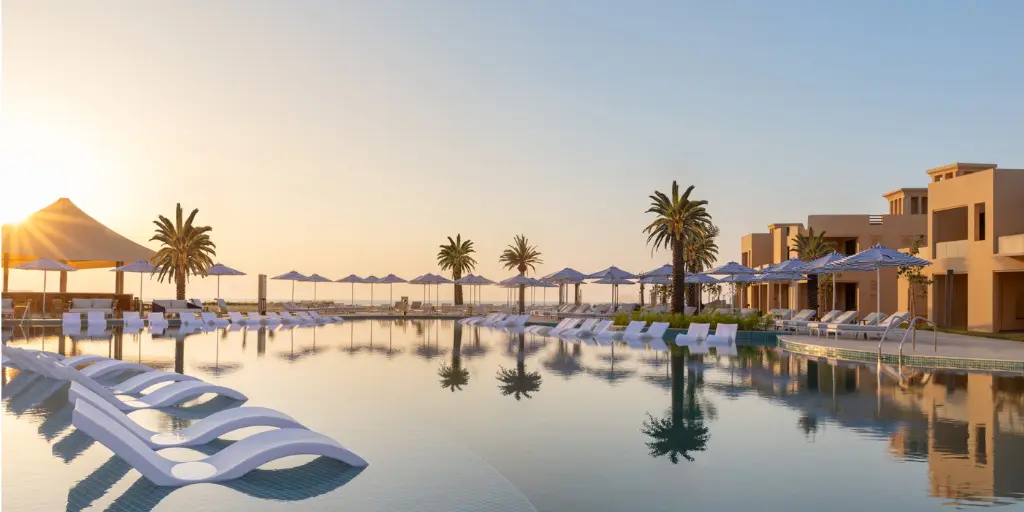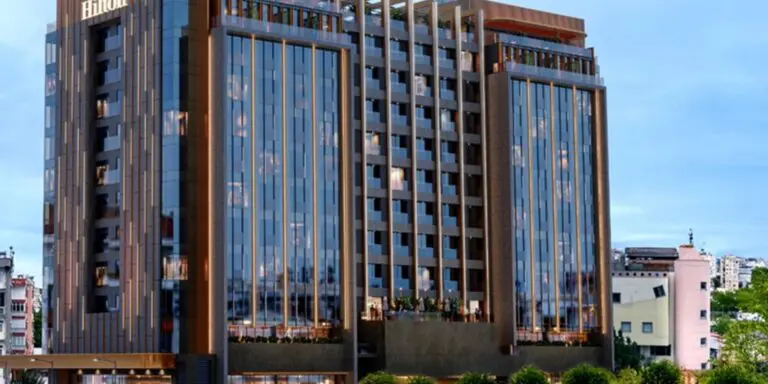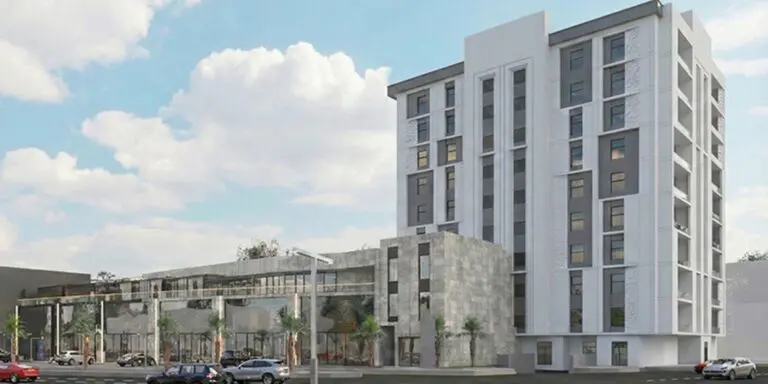The Middle East region is set to substantially expand its tourism offering, as countries and emirates there look to replace oil revenues with hospitality and leisure.
And the scale of growth has been laid out in a new report from agent Knight Frank, which adds up a further 26,832 new hotel rooms expected to be built and added to the market across the UAE by 2030. That will grow the total market to 238,412, they estimate.
Development on this scale will support the vision of local governments, which aim to draw 40 million tourists to the UAE in 2030. The tourism and hospitality sector had a strong 2023, growing by 26% and now accounting for 11.7% of GDP in the UAE. That adds up to an economic value of USD59.8bn – a figure that the government wants to more than double by the end of the decade. Currently the sector supports around one in nine jobs in the country.
Demand appears to be responding to the efforts made to promote the region as a destination. Knight Frank’s data shows hotel occupancy across the UAE averaged 76% for the first half of 2024, a strong performance that stands comparison around the globe. This was achieved at room rates up 5% year on year, leading to a revpar measure up 7.4% on 2023.
Of the regional total, Dubai will be the location for around two thirds of the new hotel supply, where the pipeline is calculated at 17,750 rooms. The city state has set itself a further target of becoming one of the top three global leisure and business destinations by 2033. New developments such as the Palm Jebel Ali, and Dubai islands, will alone provide sites for 160 hotels and resorts, say Knight Frank.
For those looking to develop new hotels, a big opportunity is in the lower segments of the market. To date, developers and operators have concentrated on the luxury, upper upscale and upscale segments, which between them account for 69% of existing hotel supply. To achieve its tourism targets, the UAE will need to broaden its tourist appeal to other demographics.
International hotel brands are signing ever more hotels in the region. Currently around two thirds of existing hotels are internationally branded, and by 2030 it is estimated that figure will rise to 82%.
Accor and Marriott lead in the international brand presence, with Accor set to be the largest operator in Dubai by 2030, with its current 17,380 rooms growing by 2,700. Following up is Marriott, with a current tally of 16,620 rooms and a more modest 704 rooms in Dubai in the pipeline.
Elsewhere, Abu Dhabi is also making a serious play for more international tourist arrivals, with a development pipeline of 37,148 hotel rooms. And in Ras Al Khaimah, the end of the decade will be a further 8,764 rooms added.





